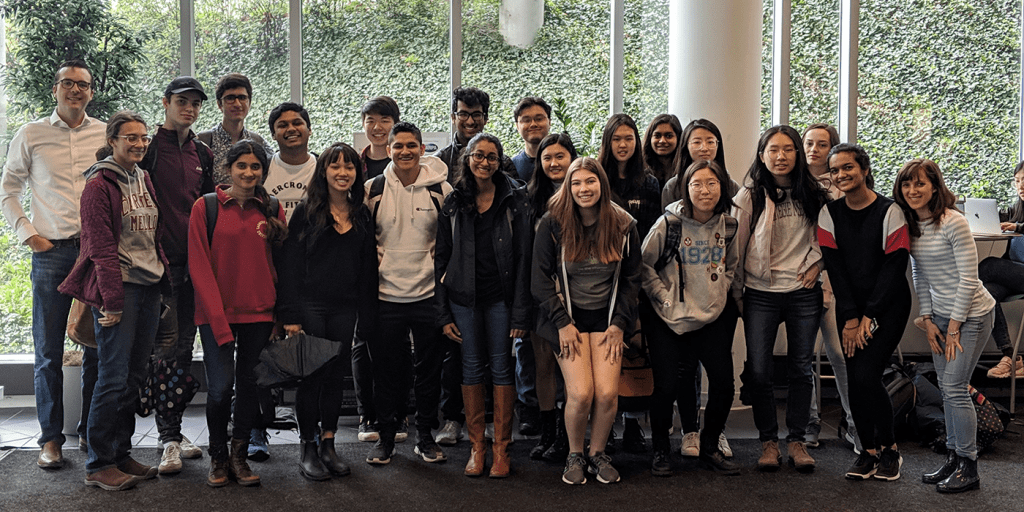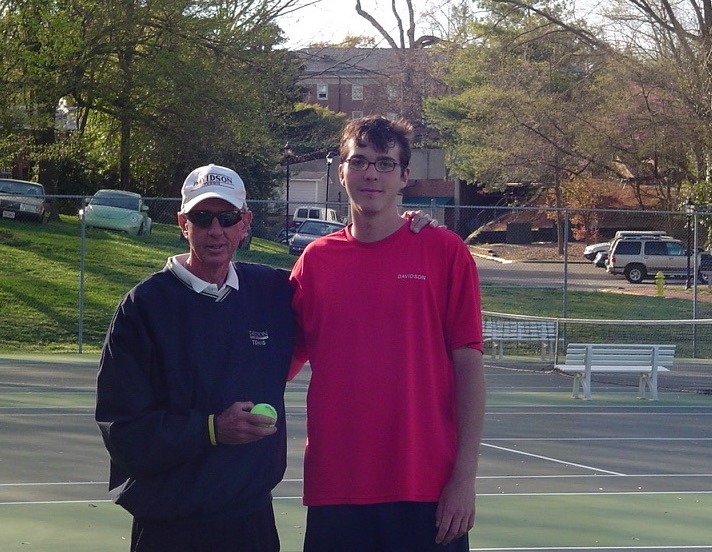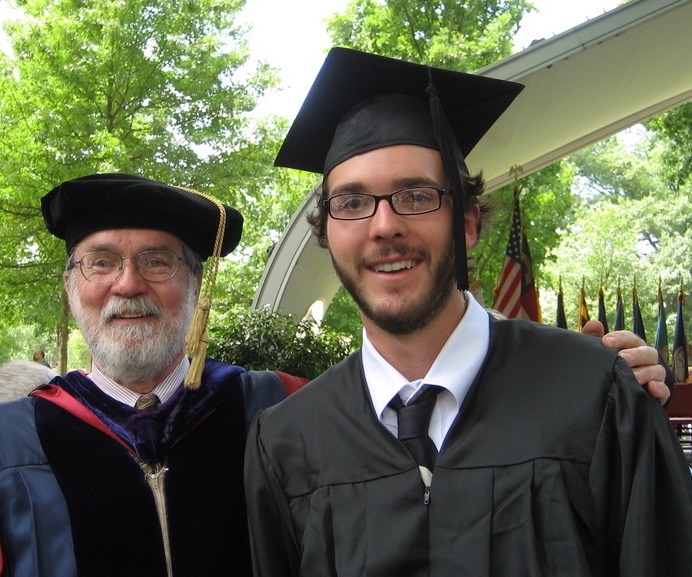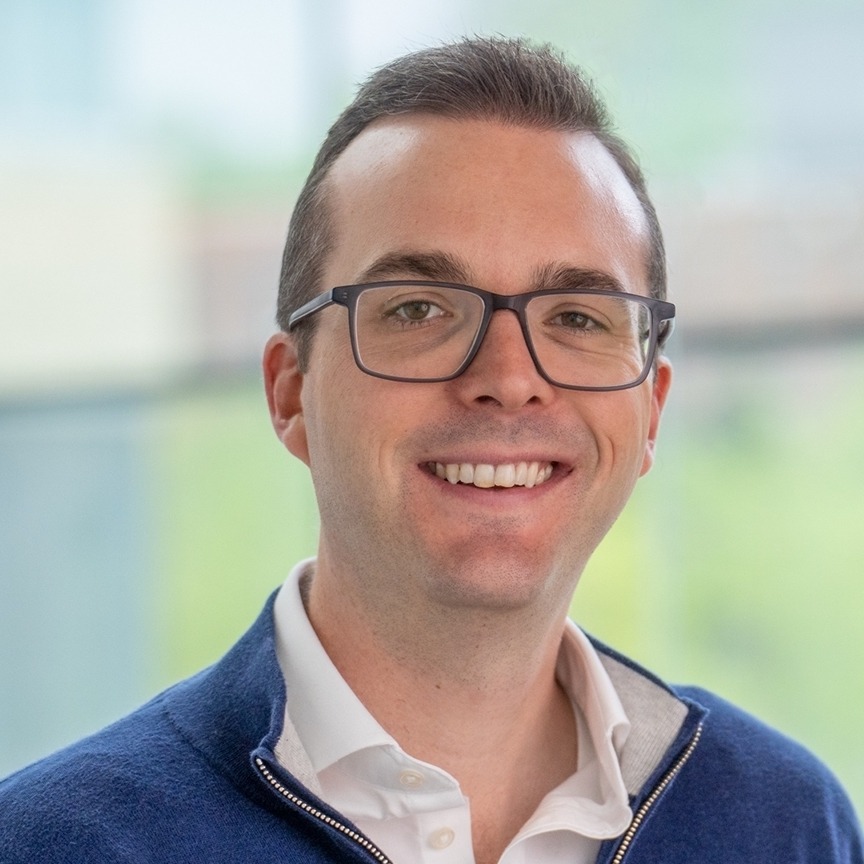Remaining Vulnerable, and the Teachers Who Inspired Me to Teach

With the honor of receiving the Herbert Simon Teaching Award from the School of Computer Science at Carnegie Mellon University, I was asked to provide a statement of reflection on my teaching. So here goes.
I must first acknowledge my immense gratitude. To my family, especially my wife, for keeping me caffeinated and not getting upset when I have come to bed at 3 AM after staying up making slides; to all the students I have had the privilege of teaching; to my gracious nominators; to my department for giving me the space to build and maintain Great Ideas in Computational Biology; to Carl Kingsford, who taught the first run of the course with me in spring 2019 and made sure that we chose ideas that were not just good but truly great; to the excellent teaching assistants that we have had over the years and who have made sure that the course always ran smoothly: Wendy Yang, Hongyu Zheng, Annie Nadkarni, Viola Chen, and Daniel Schaffer.
If I were to thank everyone who influenced me to become (and remain) a teacher, then I am not sure that I would know where to stop. I have been fortunate to have many excellent teachers in my life, as well as some terrible ones, and a few downright criminals. They are all responsible in some way for my being here, but I would like to thank a few who brought me to this award because my identity as a teacher is borrowed, in large part, from each of them.

Carol Perkins and Jackie Barber, my first teachers at public school in rural North Carolina, created a kindergarten classroom that was a world of fun and exploration, a place where I wanted to show up despite my initial reluctance to do so. And when one day I soiled myself, they cleaned me up and got me into a fresh set of clothes – much to my mother’s surprise when she picked me up that afternoon.
Pam Stancil, my 7th grade math teacher, fostered my love of mathematics problems. In so doing, she helped save me from a mathematical existence of rote computations.
William Clark, my US history teacher, taught me that teaching is a performance and a craft, that it takes bravery and bravado, and that history is constantly alive all around us.
Sandy Nichols, my senior English teacher, celebrated weirdness in the classroom, and she drilled into me that math might give me the answers, but that writing – and I think by extension, teaching too – would keep me asking questions.

Jeff Frank, my college tennis coach, showed me that a person can be soft-spoken and humble but still command the attention and respect of even the most boisterous young people.
Robert Whitton, my undergraduate mentor, convinced me that a professor can be friends with their students, and that a professor can consider teaching to be their calling, even if others disagree.
When asked what they considered to be the secret to a happy marriage, John and Fiona Prine both answered, “vulnerability”. And if I were asked what my secret to a happy teaching career is, then I would give the same answer. There is a stigma that professors are supposed to be solemn, opaque, and miserable. Many professors – none at CMU, of course – pass through their entire careers embodying this stereotype as a defense mechanism. When I started my career as a professor, I projected the same defense, and then one day I decided to be myself in front of my students. It felt like I had discovered a buried treasure, because I had.

After all, when I read what some of my nominees wrote, I was surprised that they hardly mentioned my teaching. They wrote that I’m nice (debatable), that I care deeply about them (definitely true), that I cut them some slack at a difficult time, that I turned over my closet and taught online in wacky outfits when we were all forced into our homes because of a pandemic. The simple fact is that compared to cleaning up a five-year-old and getting him into fresh clothes, this is all easy stuff.
We professors know that our students are just like us, but I don’t think that many of our students know that we are just like them. If we can find a way to show them even a fragment of our own souls, then it makes us a little more complete. And who knows, we just might inspire them to teach.
